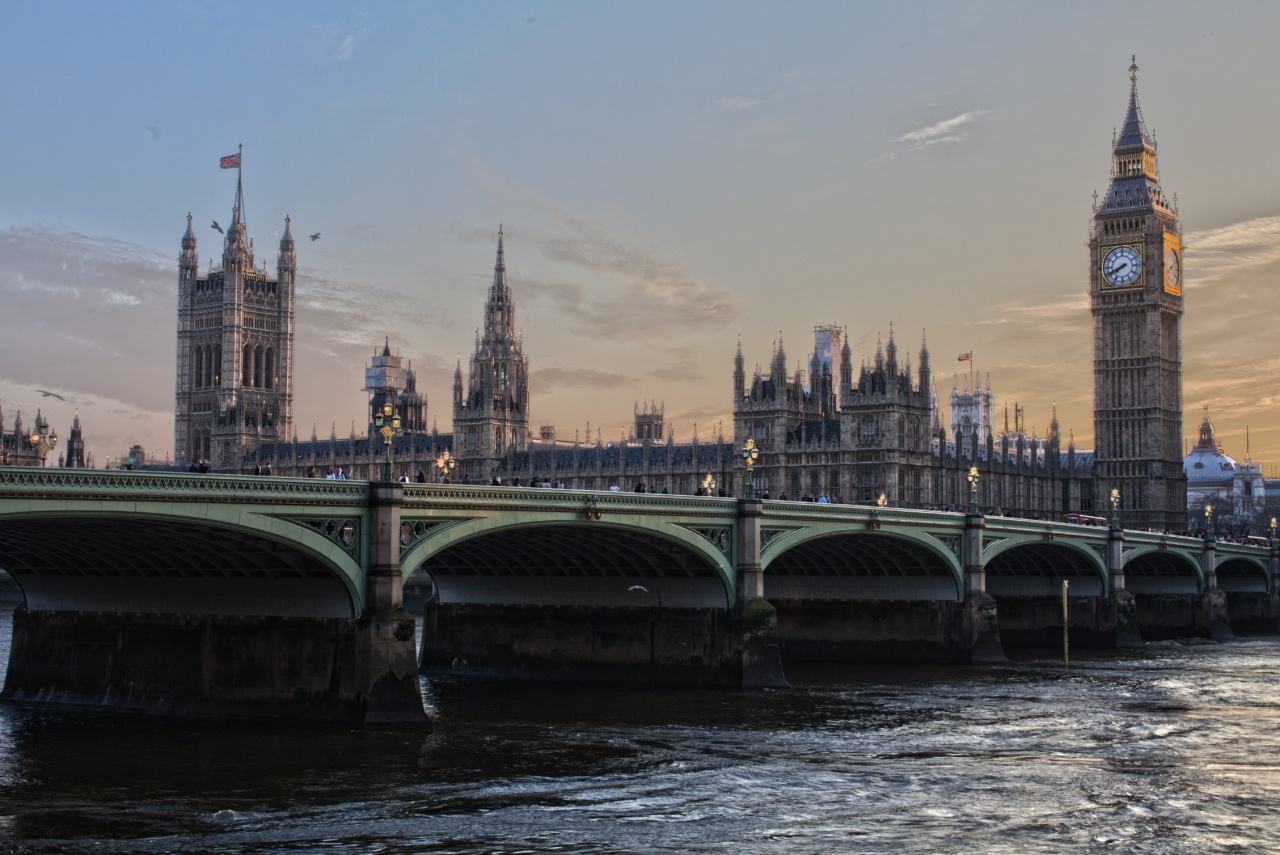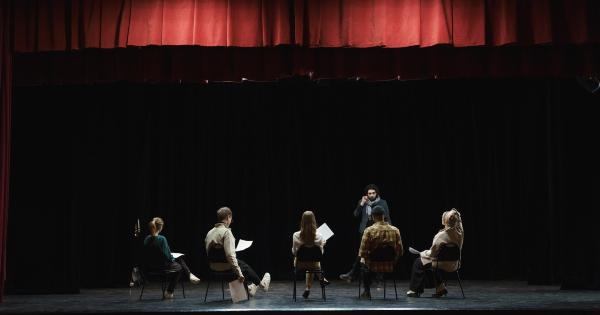Throughout the annals of British history, numerous factors have shaped the nation’s narrative, leaving indelible imprints on its cultural, political, and societal landscape.
However, one lesser-explored element that has influenced the course of events is denervation. By examining the impact of denervation on British history, this article aims to shed light on the consequences of this phenomenon, specifically focusing on the emergence of amnesia as a consequence.
From significant historical events to long-lasting societal changes, the consequences of denervation paint a fascinating and thought-provoking picture of the United Kingdom’s past.
The Industrial Revolution: A Fading Memory
The Industrial Revolution marks a watershed moment in British history, ushering in an era of innovation, economic growth, and profound societal changes. However, the influence of denervation on this transformative period cannot be overlooked.
The relentless pace of industrialization and the subsequent migration of rural communities to urban centers resulted in a disconnection from traditional ways of life. As a consequence of denervation, the memories, traditions, and collective experiences of generations vanished, leaving an empty space that sparked collective amnesia in some regions.
The memory of pre-industrial Britain faded, replaced by the new realities created by the Industrial Revolution.
The Great Wars: Erasure of Shared Experiences
The tumultuous period encompassing the two World Wars had a profound impact on the British population. The chaos of conflict and the sacrifices made by individuals and communities demanded collective memory and remembrance.
However, denervation, in this case, worked as a catalyst for amnesia. The traumatic experiences of war, coupled with the loss of an entire generation, meant that a significant part of British society underwent denervation.
As veterans passed away and personal stories faded, the collective memory of the wars started to dim. The scars of the conflicts remain, but the vividness of shared experiences has gradually been eroded by the passage of time and denervation-induced amnesia.
Colonial Legacy: Forgetting the Empire
Britain’s imperial past has left an enduring mark on the nation’s history. The British Empire spanned the globe, leaving its imprint on cultures, societies, and nations far beyond the United Kingdom’s shores.
However, the dismantling of the empire and the subsequent process of decolonization brought denervation to the forefront yet again. As countries gained independence, the British Empire contracted, and the memories and legacies of imperial rule started to fade.
While these changes undoubtedly brought about positive transformations and a renewed focus on national identity, they also contributed to collective amnesia regarding the imperial past. Denervation allowed the empire’s memory to slowly slip away from the consciousness of the British people, leaving behind a sense of forgetting and detachment from their own history.
The Rise of Devolution: Fragmenting Memory
The late 20th century witnessed a significant shift in the United Kingdom’s political landscape with the introduction of devolution.
As power was decentralized and devolved to regional assemblies in Scotland, Wales, and Northern Ireland, a new era of regional identities emerged. While devolution sought to address regional disparities and grant greater autonomy, it also introduced elements of denervation.
The fragmentation of memory and identity became more pronounced as the distinct national histories, traditions, and experiences of each region took center stage. As a result, the notion of British history as a cohesive narrative became more elusive, leading to a form of collective amnesia shaped by denervation-induced fragmentation.
Social and Cultural Transformations: Memory on Shifting Sands
Denervation has also played a significant role in molding the social and cultural fabric of Britain. With each passing generation, societal norms, values, and traditions evolve, leaving previous ways of life behind.
This constant flux is intensified by the impact of denervation, as particular aspects of history and cultural heritage become gradually forgotten or relegated to niche interests. The advent of modern technologies, globalization, and fast-paced urbanization further exacerbate this process, consolidating denervation’s influence on collective memory.
From forgotten customs and traditions to historical events becoming reduced to mere footnotes, amnesia permeates various aspects of British society, altering the perception and understanding of the nation’s rich and complex history.
Education and Historical Awareness: Bridging the Gap
Despite the pervasive nature of denervation-induced amnesia, efforts have been made to bridge the gap between historical memory and the present.
Education plays a pivotal role in this regard, as it equips future generations with the tools to understand and appreciate their nation’s history. By fostering historical awareness, critical thinking, and engagement with the past, education aims to counter the effects of denervation and prevent the complete erasure of collective memory.
Through comprehensive historical instruction, inclusive narratives, and the exploration of diverse perspectives, education seeks to restore the connection between the present and the past, ensuring that the consequences of denervation are acknowledged and understood.
Preserving Historical Sites and Heritage: Anchoring Memory
Another influential approach in mitigating the impact of denervation-induced amnesia involves the preservation of historical sites and heritage.
By safeguarding physical reminders of the past, such as landmarks, monuments, and artifacts, society can anchor memory and provide tangible connections to bygone eras. Restoration efforts, archaeological excavations, and museums play an instrumental role in keeping historical narratives alive and preventing the collective forgetting caused by denervation.
These spaces serve as repositories of memory, inviting individuals to explore and engage with the past, bridging the gap between fragmented history and present-day understanding.
Collective Memory and National Identity: A Balancing Act
While denervation has undoubtedly fueled amnesia in British history, it is crucial to strike a careful balance between collective memory and the shaping of national identity.
Acknowledging the consequences of denervation does not imply clinging to an idealized past or stifling progress. Instead, it means recognizing the importance of understanding history, as it provides the foundation for introspection, growth, and the formation of a shared identity.
By embracing the complexities of the nation’s past, the United Kingdom can weave together a tapestry of historical consciousness that respects the enduring influence of denervation while still nurturing an evolving and inclusive national identity.






























